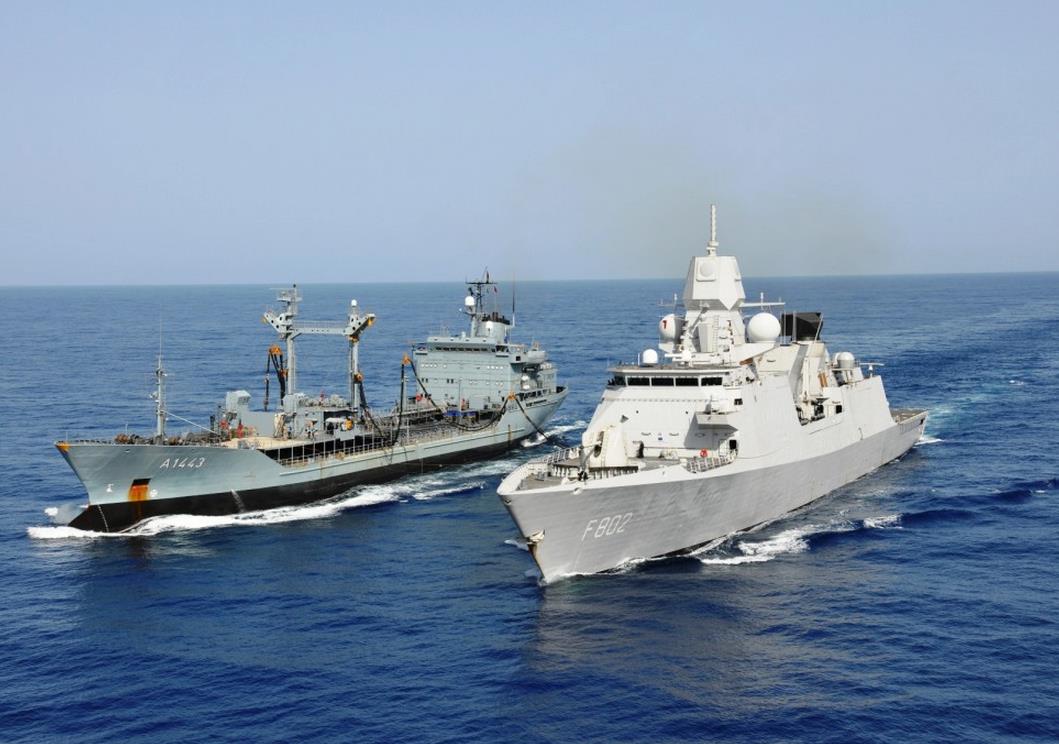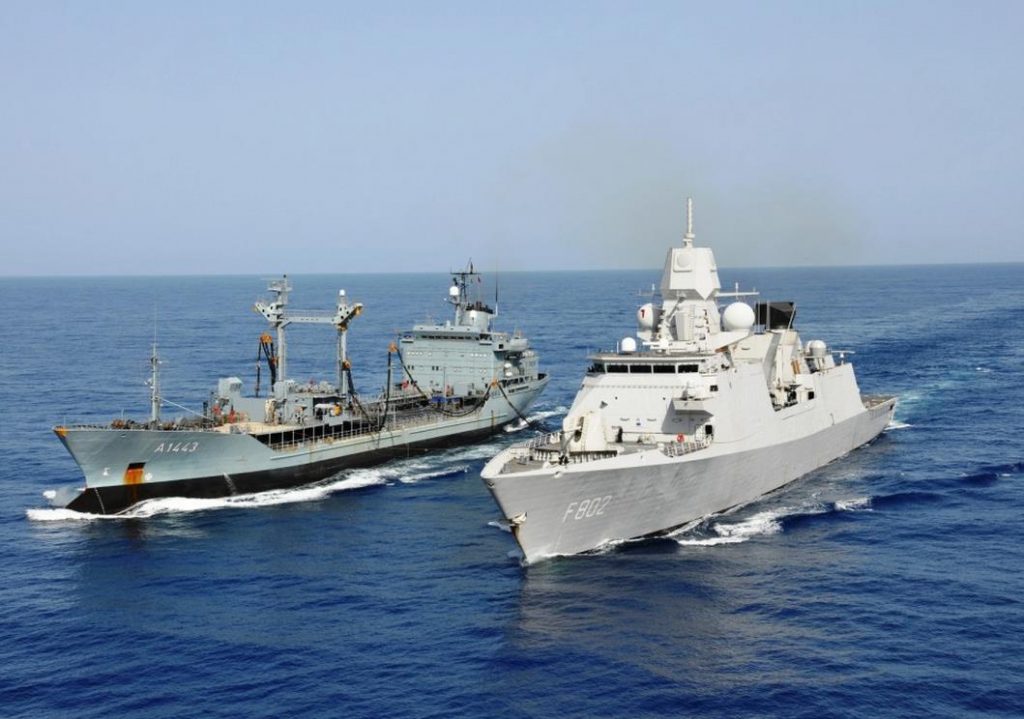Sourced : Foreign Policy
By Robbie Gramer
Somali pirates seized an oil tanker with a crew of eight on Monday in the first successful piracy raid on a commercial vessel since 2012.
The Aris 13 oil tanker, with a crew of eight Sri Lankans, sent out a distress signal Monday while on its pre-planned route to ship fuel from Djibouti to Mogadishu, the Maritime Herald reported. “The vessel’s captain reported to the company they were approached by two skiffs and that one of them they could see armed personnel on board,” said Louise Tagg, spokeswoman for the European Union Naval Force operation off Somalia. “The pirates hijacked the oil tanker and they brought it near Alula,” Mohamud Ahmed Eynab, the district commissioner for the Somali port town of Alula, told Reuters Tuesday.
The attack on the Aris 13 shows counter-piracy efforts curbed, but never completely stamped out Somali piracy. Still, it’s too soon to tell if this is the beginning of a new wave of attacks, said Claude Berube, a maritime security expert with the U.S. Naval Academy. “It’s just one data point. Is this the beginning of a trend or a single action?” he told Foreign Policy.
Somali piracy was once a major thorn in the side of the global maritime trade industry. At their height from 2009 to 2011, Somali pirates attacked hundreds of ships a year along the major maritime shipping route off the Horn of Africa. In 2011 alone, suspected pirates carried out 176 attacks on ships, though only 47 of those were successfully pirated, according to EU Naval Forces in Somalia.
It took a toll on maritime trade. The global cost of piracy in 2011 was estimated at $7 billion, according to maritime security watchdog group Oceans Beyond Piracy. By the end of 2010, pirates around the world held some 600 seafarers from 18 countries, OBP found. The Horn of Africa was the epicenter of this threat.
But the number of raids in the region dropped dramatically in recent years. Commercial shipping companies stationed private security contractors on their ships and governments boosted their naval presence, including deploying a NATO and EU mission to the region to ward off attacks.
Since then, shipping companies and governments have pulled back their efforts. NATO ended its Horn of Africa mission, Operation Ocean Shield, in December, 2016 due to the sharp decline in piracy.
NATO’s decision was “completely premature,” said Dr. Assis Malaquias, a maritime security expert with the Africa Center for Strategic Studies. “The equation is pretty straightforward: with no naval presence, the attacks will continue,” he told FP.
Still, experts and officials agree that until the international community solves the underlying issues wracking Somalia, from poverty to instability, pirates will continue to wait for navies to turn their backs on commercial ships. “Ultimately, the problem of Somali piracy will not be resolved until stability is restored in Somalia,” a State Department official told FP.
Shipping companies likely won’t resume their previous levels of vigilance after Monday’s hijacking, according to Berube. “Shipping companies are relatively conservative and play the numbers. Right now the numbers don’t show any threat,” he said.
The only other recorded piracy attempt off Somalia this year was on Jan 1. Two Chinese naval escort flotillas prevented four suspected pirate skiffs from approaching a commercial vessel. China has boosted its naval presence off the Horn of Africa to protect its growing trade interests on the continent.
Governments and the private sector are also grappling with an uptick in piracy in the Gulf of Guinea in West Africa. Like the Gulf of Aden, it’s a strategic chokepoint for maritime shipping and key gateway for oil shipments between Nigeria and Angola, two of Africa’s biggest petro-states.


